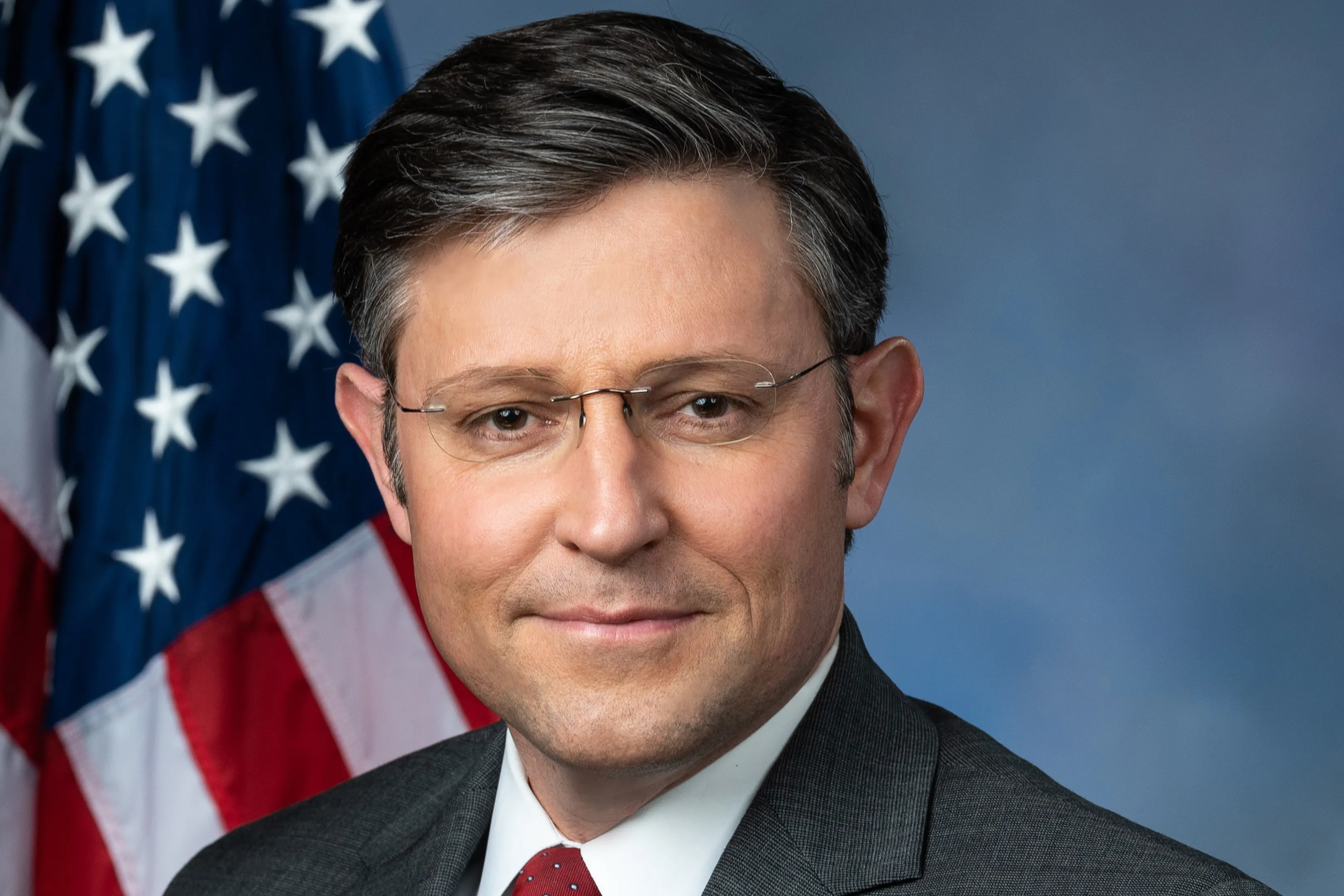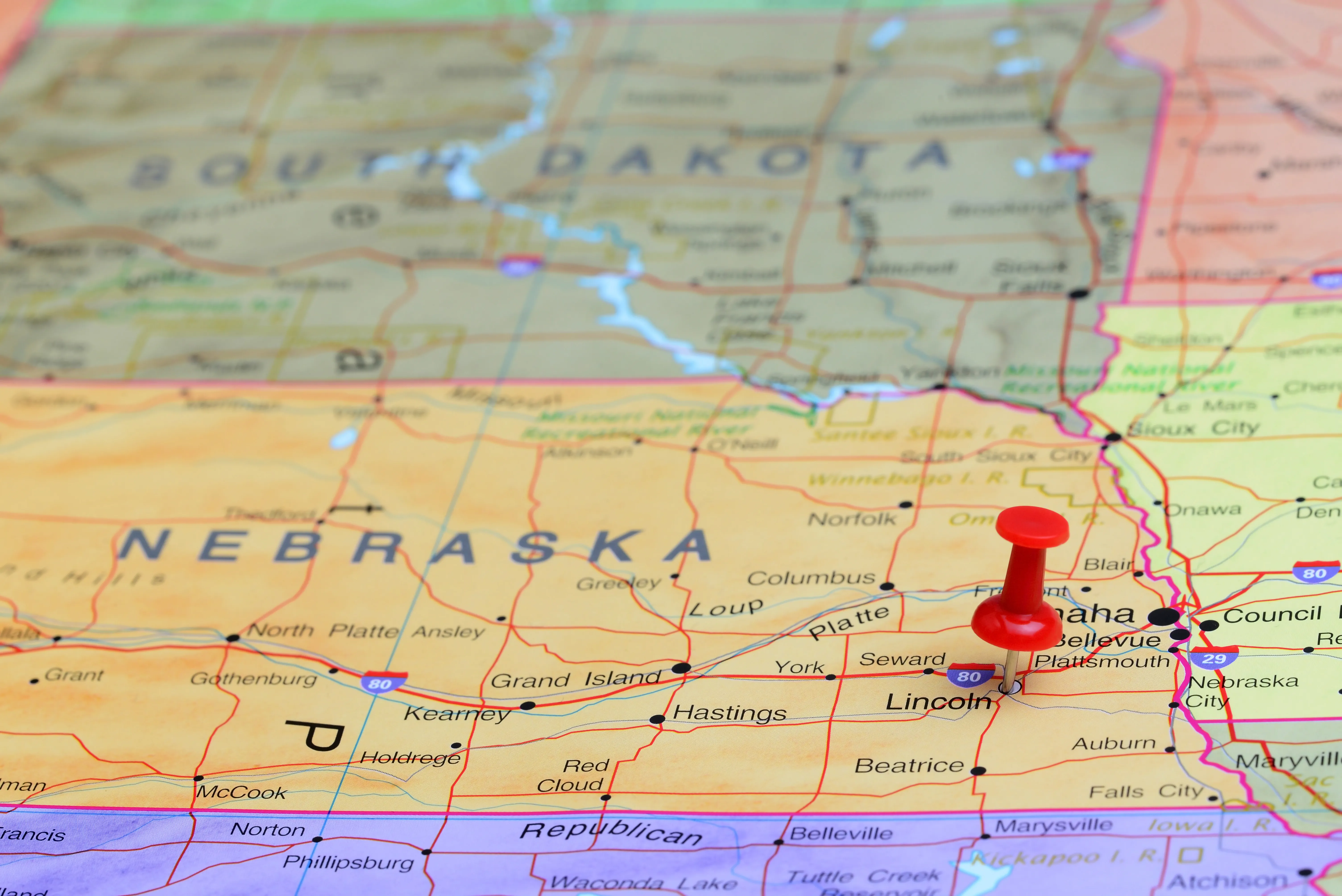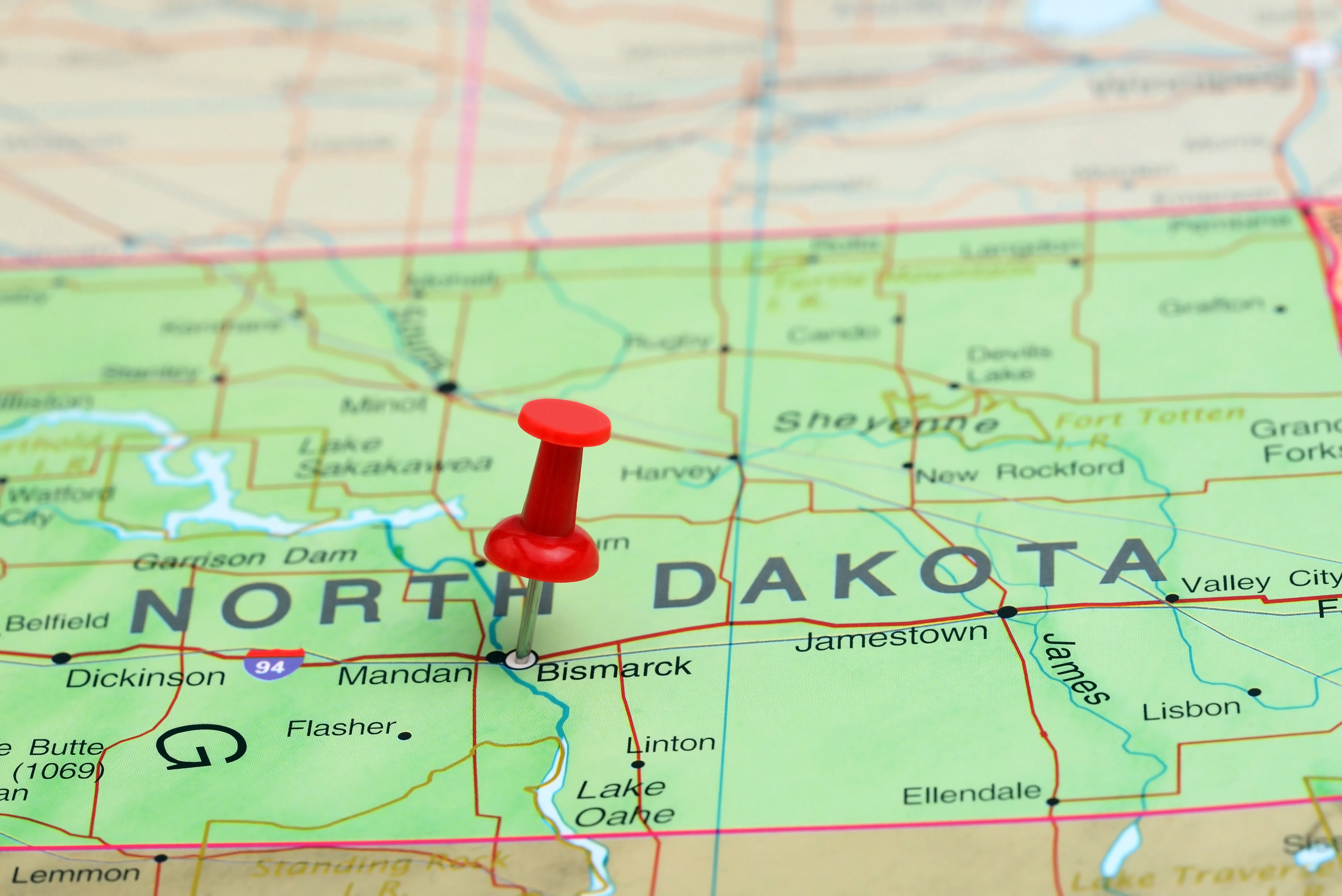
Daily Audio Newscast Afternoon Update - November 26, 2025
© INDU BACHKHETI - iStock-1336427297
News from around the nation.
Sen. Kelly says Pete Hegseth 'totally unqualified' as Hegseth focuses on potential punishments for Sen. Kelly; Health literacy a challenge for some Kentucky populations; Long-term costs of Alabama Power's 'rate freeze' under scrutiny; Colorado's caregivers face increased financial, physical, mental stress.
Transcript
The Public News Service Wednesday afternoon update, I'm Mike Clifford.
In an appearance on Jimmy Kimmel Live, Senator Mark Kelly of Arizona blasted Defense Secretary Pete Hegseth, calling him unqualified and saying he just wants to please President Donald Trump.
That from ABC News.
They report the comments came after Hegseth asked the Navy Secretary to review Kelly's comments in a video to troops for potentially unlawful conduct.
Kelly told Kimmel the President and his administration's reaction sows fear, calling it an example of how democracies die.
Meantime, low health literacy can lead to poorer health outcomes, and groups across Kentucky are working to help communities make more informed decisions about their health.
Federal data estimates low health literacy costs the nation up to $238 billion per year.
Understanding brochures, charts, screenings, and knowing how to use key medical tools are all examples of health literacy, explains Liz Edgehill, director of Refugee and Immigrant Services for family health centers in Louisville.
Sometimes people will conflate it with literacy, like the ability to read and write, and that does have to do with this, but there's also numerical literacy and just health information and jargon.
So it's a little more complex than just the ability to read.
According to data from the Harvard T.H. Chan School for Public Health, health literacy levels have dropped to record lows for American teens.
They are dropping for American adults as well.
This is Nadia Ramlagan for Kentucky News Connection.
And as electricity prices worry many households, Alabama Power has introduced a proposal that would change how certain costs are handled in the coming year.
The utility has filed a new rate stability proposal with the Public Service Commission that would keep certain rates flat until 2027 and 2028.
Alabama Power says it's meant to help customers in a tight economy, but clean energy advocates say the plan doesn't reduce rising costs, it delays them.
John Dodd with Energy Alabama says the proposal may look positive on the surface, but customers will still be responsible for every dollar later, potentially with interest added.
Not a rate reduction.
It's more a deferral to every dollar will still get recovered, but just in a later day, she and Tia Hudson reporting next to Colorado, where nearly a quarter of all adults provide unpaid care to loved ones.
Sarah Cinnamon with AARP Colorado says eight in 10 caregivers pay an average of $7,200 per year out of pocket or 25 percent of their income to care for loved ones.
About 51 percent report moderate to high levels of stress serving as a caregiver and at least 26 percent so a quarter of them are providing at least 40 hours of care per week.
Every day, 10,000 baby boomers across the U.S. turn 65, and the demand for people to take care of older adults is expected to rise by 17 percent over the next decade.
That's according to the Bureau of Labor Statistics.
This is Public News Service.
Experts say a growing number of child care providers are stepping into political advocacy and even running for public office to address what they call a broken U.S. child care system.
A long time child care provider in rural Wisconsin, Kareen Hendrickson, says she's been advocating for increased funding in the state budget for more than a decade.
She had to close her child care business this year because she could no longer afford to keep it running.
That's when she decided to run for office.
Hendrickson says in the time she's been campaigning, she's talked to numerous families who are struggling with child care costs, including those who accumulated debt from their Children's early years or decided against having more Children due to child care.
To me it's heartbreaking and it's against everything that America is supposed to stand for that we're supposed to be able to live the life that we choose and the government should stay out of our way.
But because our government is not investing, it's actually getting in our way.
She says the goal is to work toward universal child care in Wisconsin and eventually gain enough momentum across the country to impact federal legislation.
I'm Judith Ruiz Branch reporting.
This story was produced with original reporting from Rebecca Gale with the Better Life Lab at New America and The 74.
Next, a two million dollar grant from United Way of Central Indiana is funding a program to change lives in Indianapolis Eastside communities.
The Indie East Guaranteed Income Initiative, or IGGI, offers these funds to some local residents for 18 months.
Program manager Tylynn Johnson says financial literacy classes are also offered and accessing child care or working toward housing stability are part of the initiative to change common perceptions about poverty.
"We want to create a vibrant, inclusive district for the east side in which all of our families and neighbors have access to the various tools and opportunities that they need and seek in order to achieve their economic mobility and to build generational wealth."
I'm Terry Dee reporting.
Finally, new mothers in Minnesota often get started right away on breastfeeding with support from hospitals and birthing centers.
But when they get home With their newborns, challenges can emerge in maintaining the momentum.
The American Heart Association and the Minneapolis Health Department have launched a program that creates a more supportive environment for lactation.
So far, it's being carried out in three health clinics for patients and clinic employees in need of private spaces, education, and other tools to reach their infant feeding goals.
MHD's Senior Public Health Specialist, Kaevelyn Allendez, says health equity is at the center of this partnership.
In Minnesota and Minneapolis, we do see really astonishingly large racial health disparities around maternal mortality and infant mortality.
And breastfeeding can help decrease those disparities.
I'm Mike Moen.
This is Mike Clifford for Public News Service.
We are member and listener supported, and you can find our trust indicators at publicnewsservice.org.

















